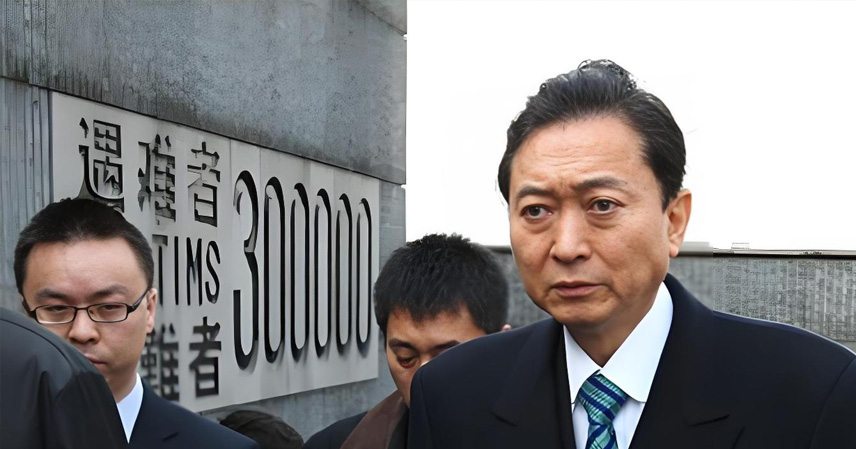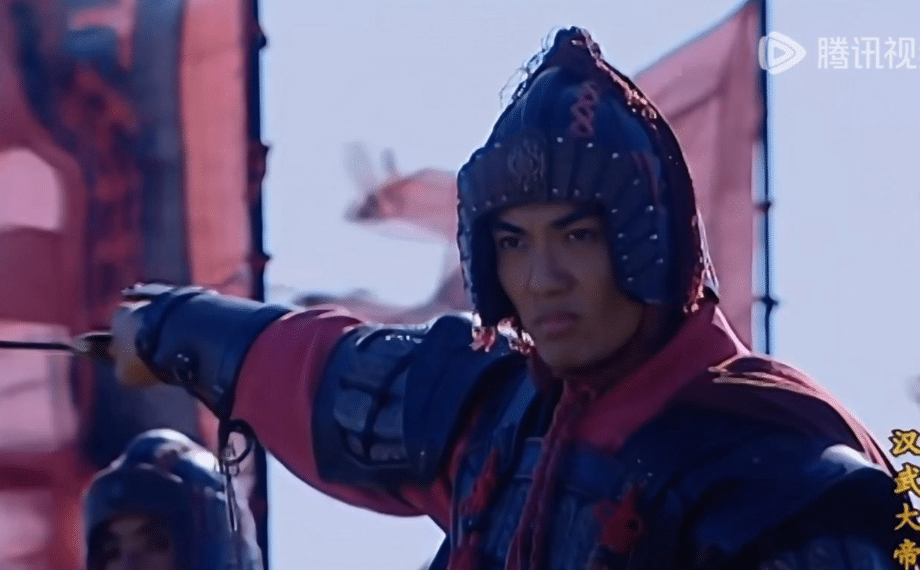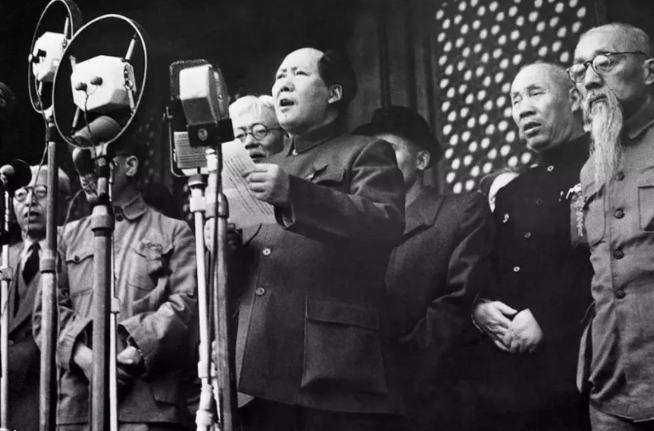Yukio Hatoyama may not be the most famous Japanese prime minister, and his tenure lasted only a year, yet he has earned profound respect from the Chinese people.
Unlike many Japanese politicians who often avoid addressing wartime history, Hatoyama faced the truth of Japan’s past with courage and honesty. This rare sincerity made him one of the most respected figures in Japan-China relations.
Hatoyama studied in the United States, where he was exposed to Western ideas and the international critique of Japan’s wartime actions. He believed that Japan could only gain genuine respect by confronting its history and helping Japanese citizens understand the country’s past mistakes.

Coming from a prominent political family, Hatoyama inherited a tradition of promoting peace, especially toward China. During his tenure, he publicly declared that he would not visit the Yasukuni Shrine, where convicted war criminals are enshrined—a decision that challenged domestic political pressure but remained steadfast.
In 2010, during a visit to China, Hatoyama openly reflected on Japan’s wartime aggression and expressed sincere apologies to the Chinese people, acknowledging the suffering caused by Japan’s actions. He emphasized that only by honestly confronting its past could Japan establish friendly relations with neighboring countries, particularly China.
Hatoyama actively pursued initiatives to improve regional cooperation. He proposed the concept of an East Asian Community, aiming to foster collaboration and development among Asian nations, including China and South Korea. He also promoted cultural and educational exchanges, facilitating greater understanding between Chinese and Japanese youth.
Despite his sincere efforts, Hatoyama faced considerable opposition at home. Conservative elements criticized him for being too conciliatory toward China. Domestic political pressures ultimately forced him to resign after only a year in office.

Even after leaving office, Hatoyama continued to advocate for historical responsibility through writings, speeches, and participation in international forums. He expressed concern for issues such as the comfort women and called for formal apologies and compensation from the Japanese government.
Hatoyama’s actions are rooted in his family’s legacy. His grandfather, Ichirō Hatoyama, Japan’s postwar prime minister, promoted a diplomatic philosophy centered on friendship, equality, and respect. His father, Iichirō Hatoyama, Japan’s foreign minister, instilled in him the belief that a nation that cannot confront its history cannot have a future.
In 2013, Hatoyama personally visited the Nanjing Massacre Memorial, paying silent tribute to the victims. His actions were genuine, reflecting deep personal remorse rather than political posturing. He has repeatedly emphasized that Japan must recognize its past to prevent the repetition of militarism and conflict.

Hatoyama’s approach contrasts sharply with mainstream Japanese politics, where historical denial and revisionism often prevail. Despite domestic isolation, he has become a symbol of sincerity and responsibility in China, attending multiple commemorations of Japan’s wartime aggression and advocating for peaceful Sino-Japanese relations.
In the eyes of many Chinese citizens, Yukio Hatoyama is not merely a former prime minister; he represents a rare voice of conscience and integrity. His example illustrates that true courage lies in facing historical truths, promoting reconciliation, and building trust through genuine apologies.
References:
- Stockwin, J. A. A., Governing Japan: Historical and Political Perspectives
- Kingston, Jeff, Japan’s Postwar History
- Hatoyama, Yukio, Selected Speeches and Writings on Japan-China Relations



